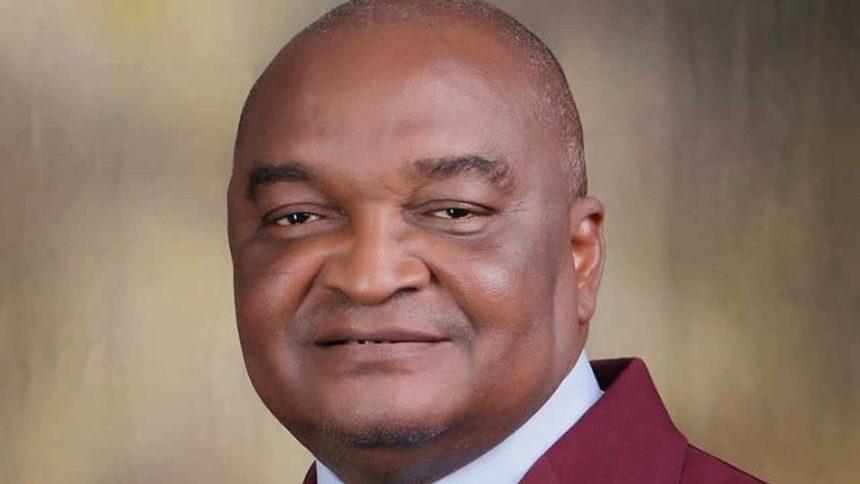The National President of the Nigerian Institute of Town Planners (NITP), Nathaniel Atebije, has called on both government departments and the private sector to incorporate physical planning into their operational activities.
Speaking at the 7th press conference of the Institute in Abuja, themed “From Protest to Projects,” Atebije highlighted the vital role of structured development in addressing the nation’s socioeconomic challenges.
Atebije emphasized that every developmental activity occurs on land, making physical planning essential for sustainable growth. “Operational activities of government departments and the private sector must be anchored in physical planning because all developments happen on land,” he stated.

He stressed that without proper planning, efforts to drive progress could become futile, leading to ineffective and unsustainable projects. Atebije acknowledged the Federal Government’s ongoing efforts in various sectors, including housing, transportation, and healthcare, but noted that recent nationwide protests indicate a need for more comprehensive and inclusive development strategies.
READ ALSO: NITP, ThinkLab group Sign MOU for Construction of State-of-the-art National Head Office Complex
“The recent nationwide protests were a result of the intense economic hardships and rising cost of living, perceived to stem from poor governance,” Atebije remarked.
He further linked bad governance to issues such as corruption, inefficiency in public services, and weak rule of law, noting that the absence of proper physical planning contributes to environmental degradation, slum development, and urban sprawl.
“One of the critical hallmarks of bad governance is the lack of proper physical planning, which leads to environmental degradation, slum development, urban sprawl, land racketeering, unchecked pollution, deforestation, and depletion of natural resources,” he warned.
READ ALSO: Delta State Govenor Receives Delegation of NITP, Tasks them on Urban Development
Atebije urged the government to adopt a more strategic and structured approach to development, stressing that physical planning is essential for achieving long-term national goals. He called for a shift from short-term, reactive measures to planned development processes that align with a broader vision for the country.
“We must move beyond being reactive and embrace planned development processes. Physical planning is the foundation for realizing abundance in food production, ending hunger, addressing economic challenges, and tackling other social issues,” he concluded.



